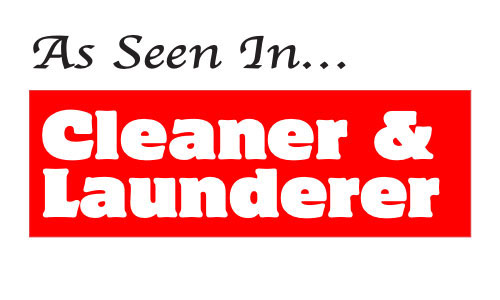NEWS
Date: February 19, 2014
Contact:
Guy Johnson (317) 503-4605, guy-pr@sbcglobal.net
Justin Gifford (317) 972-7870, 812-371-9189 (mobile), jgifford@enviroforensics.com
H.B. 1241 would cost jobs, livelihoods, business owners tell Senate
A coalition of Indiana business owners is asking state senators to defeat a House-passed measure that would deny insurance coverage for cleaning up pollution.
The business owners say the proposed bill (H.B. 1241) would harm small and large employers alike because it would prevent business owners from being able to use their commercial general liability policies, as written, to cover pollution damages and remediation costs. The bill draft allows an insurer to have a free hand not to cover well-known pollutants or to define pollution so vaguely as to avoid paying for clean up.
The business owners sent letters to state senators in their district and will testify against the measure at 10 a.m. Thursday (Feb. 27) before the Senate Insurance Committee. (Statehouse room 130.)
In his letter to state senators hearing the bill, and in testimony prepared for the hearing, Steve Schmitt, who owns Don’s Clayton’s Fine Drycleaning in Evansville and Newburgh, says he has owned the business started by his father for 40 years and uses modern, approved chemicals that do not cause pollution. But insurance has helped him pay for cleaning up old chemicals. “This legislation in not retroactive, but it will put pressure on us in the future. Without the help of my insurance policy, I would have had to close my business and my 106 employees would have lost their jobs. I expect to pay for business insurance, but I also expect to buy reasonable coverage that I understand at an affordable cost. HB 1241 takes that option off the table.”
Another business owner testifying before the committee says his business doesn’t use chemicals, but he lives with the legacy of pollution left from a printer and battery manufacturer who previously owned his building.
Wes Hawk, owners of Office Furniture Mart in downtown Indianapolis, says, “I don’t have an ax to grind with insurance companies. They’ve treated me fairly. But this legislation just cannot stand. Similar legislation has been tried before and has lost on its merits when wiser heads prevailed.”
Hawk says he is in the process of cleaning pollution from underneath the building he has owned since 1995. The building passed environmental inspection then, but newer technology has uncovered pollution left behind by two previous owners.
Hawk says, “You can find stuff like this in the ground almost anywhere downtown or in an industrial setting. If current owners can’t be insured — something that H.B. 1241 would virtually guarantee — how is this stuff going to be cleaned up?”
The Indiana Supreme Court has previously reviewed the contracts that the legislation would allow and held that the exclusions were ambiguous and unenforceable.
The Indiana Legislative Services Agency has said the proposed bill would increase the workload of the Indiana Department of Insurance as it pursues administrative sanctions against insurance companies that fail to define their policies adequately to customers.
H.B. 1241 was written by Rep. Martin Carbaugh (R-District 81) and passed the House 57-36. It was sent to the Senate where it is sponsored by Sen. Travis Holdman (R – District 19).
Steven Meyer, assistant administrator of Brownfield Redevelopment for the City of Indianapolis says, “Indianapolis has a long history of successfully using insurance proceeds to revitalize properties and create jobs. This legislation puts at risk our ability to address the environmental contamination at sites across the city.”

